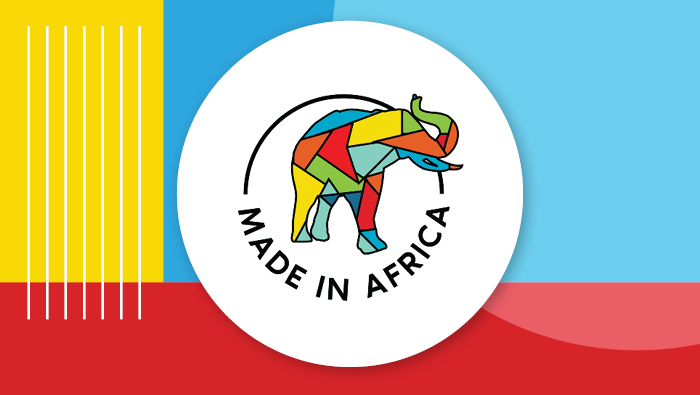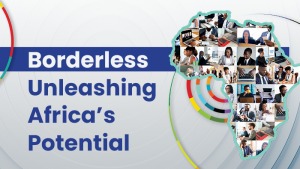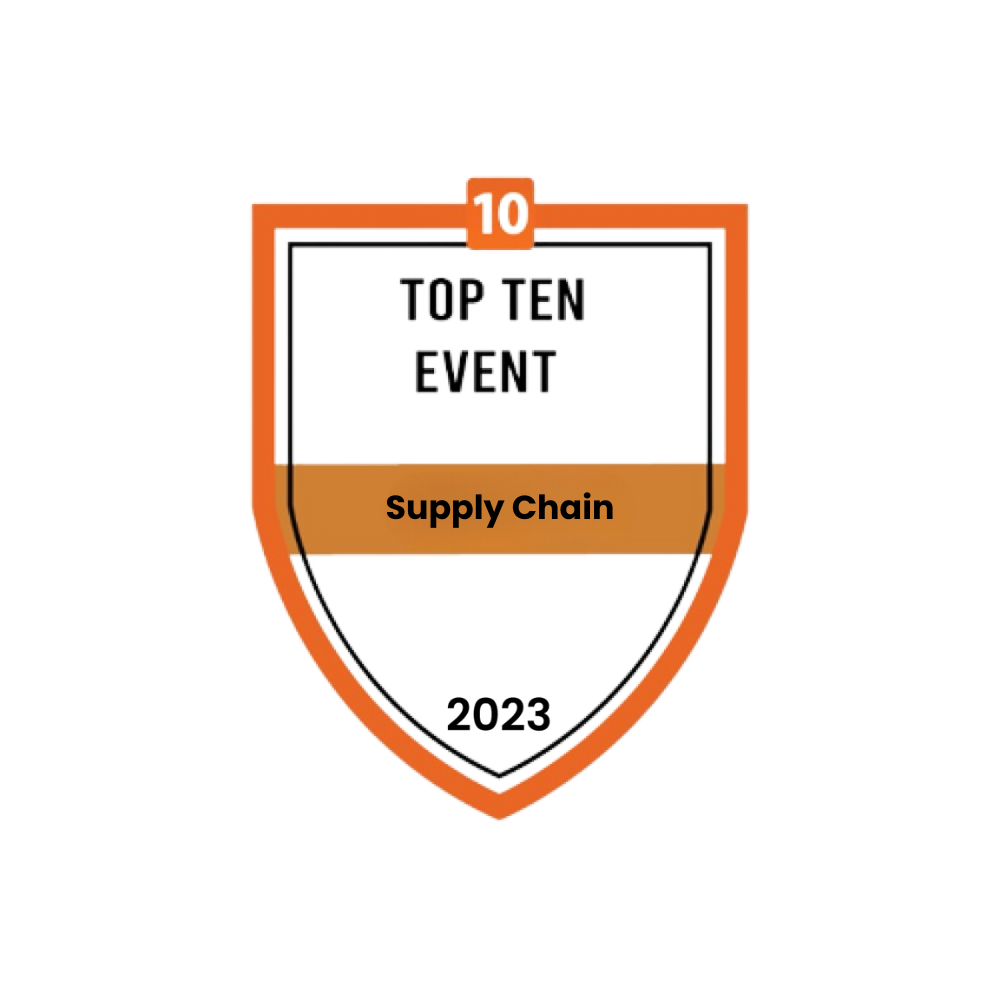“When we put our hands together and work together, Africa will sit at the table of prosperity.” This was the message from renowned Kenyan pan-Africanist, Professor of Law and anti-corruption crusader, Patrick Loch Otieno (PLO) Lumumba, at the inaugural 2020 Africa Supply Chain in Action (ASCA) virtual conference and exhibition. The event saw more than 900 professionals from 44 African countries, representing both private and public sector entities, come together online to share procurement and supply chain learnings to drive socio-economic growth in Africa.
Following the resounding success of the ASCA initiative, a brand-new event has been launched to maintain the momentum of the growing movement to build effective and collaborative partnerships to grow businesses in Africa, for Africa. The inaugural “Made in Africa” event takes place on 13 and 14 April 2021. It will bring together purchasing decision makers, policymakers, investors, and businesses from across the continent.
Made in Africa features a two-day, high-impact online programme that will enable delegates to learn, engage and do business. The event’s theme is “Buy Africa, For Africa”, organisers Smart Procurement World and SAPICS have announced.
“The goal is for this gathering to kickstart a movement that achieves measurable impact, access to market opportunities, and economic growth across industry sectors,” reveals Smart Procurement Commercial Head Keshni Reddy. “A number of interventions, regulations, and trade policies exist; however, there is still a need to create a clear roadmap to connect the right decision and policymakers with relevant businesses and for trade linkages to be facilitated,” she expands. “There is no time like now for the whole continent to unite and work together to enable local business and cross-border trade,” Reddy stresses.
Delegates who attended ASCA 2020 echoed this view. “We need solutions by Africa for Africa,” commented United Kingdom-based supply chain professional Haleema Idris after ASCA 2020. “The fact is that COVID-19 has tested our limits and forced us to be self-sufficient within our continent.”
Also speaking after ASCA 2020, Adenike Onasoga, a supply chain professional in Nigeria, stated: “The biggest takeaway for me is that Africa stands to be one of the globe’s key traders, with supply chain at the core of its policies and huge potential to grow the continent’s various economies.”
ASCA featured more than 60 international speakers and delegates and exhibitors from 44 countries. They now form the “ASCAnation” community. Made in Africa will showcase 1000 local African businesses from across the continent and link them to this powerful and growing online purchasing community, to collaborate, partner, explore and capitalise on opportunities to buy Africa, for Africa.
Key topics that will be explored at Made in Africa include procurement and supply chain inclusion, local suppliers, and policy and regulation.
The stakeholder launch of Made in Africa will take place on 17 February 2021. “The launch will set the scene and scope for the upcoming event and highlight some of the objectives for Made in Africa from a selection of key stakeholders. We urge all organisations and individuals who share our vision of working together to ignite African business to attend the launch and explore how you can collaborate with us on this continental initiative Reddy concludes.
Contact Keshni Reddy on keshni@smartprocurement.net for sponsorship and partnership opportunities. Go to https://bit.ly/3pMKbNJ to register to attend the stakeholder launch event. For more information about Made in Africa, please email info@smartprocurementworld.com
ABOUT SMART PROCUREMENT WORLD:
Smart Procurement World (SPW) is the largest professional development event for procurement and inbound supply chain, supported and endorsed by industry professional bodies. SPW also achieves professional development for procurement and supply chain professionals while achieving economic development objectives in each region through enterprise, supplier development linking small business to supply chain.
ABOUT SAPICS: https://www.sapics.org
Since its foundation in 1966, SAPICS, The Professional Body for Supply Chain Management, has become the leading provider of knowledge in supply chain management, production and operations in Southern Africa. SAPICS builds operations management excellence in individuals and enterprises through superior education and training, internationally recognised certifications, comprehensive resources and a country-wide community of accomplished industry professionals. This community is ever expanding and now includes a multitude of associates in other African countries as well as around the globe. SAPICS is proud to represent the Association for Supply Chain Management (ASCM) as its exclusive premier channel partner in Sub-Saharan Africa.
Established 41 years ago, the annual SAPICS Conference is the leading event in Africa for supply chain professionals. The 2020 SAPICS Conference takes place in Cape Town from 22 to 25 November 2020.
TO CONTACT SMART PROCUREMENT WORLD:
Roné Langenhoven
Block M
Central Office Park
16th Avenue
Midrand
Tel: 086 133 4326
rone@smartprocurementworld.net
www.smartprocurementworld.com






